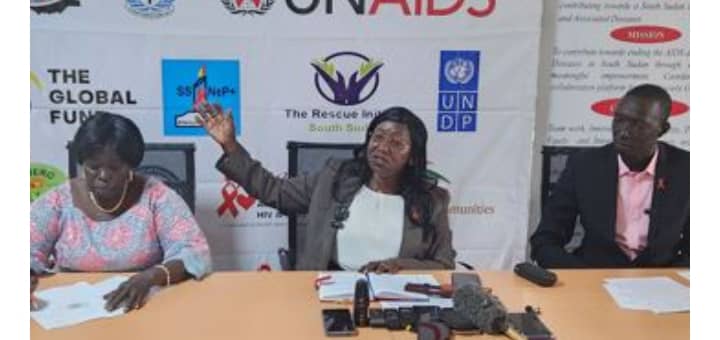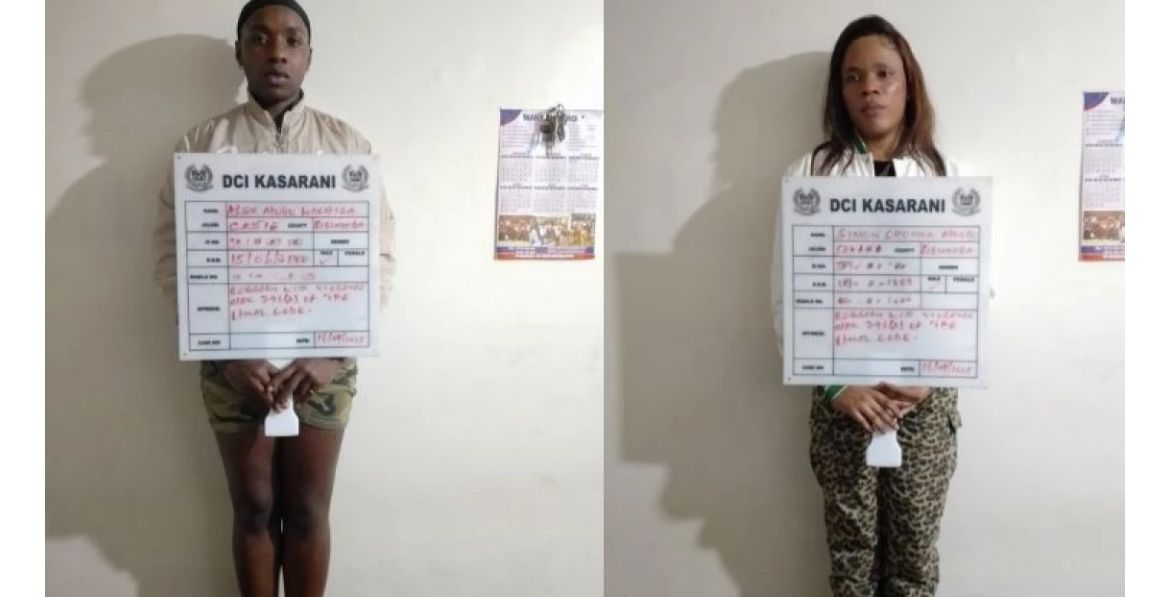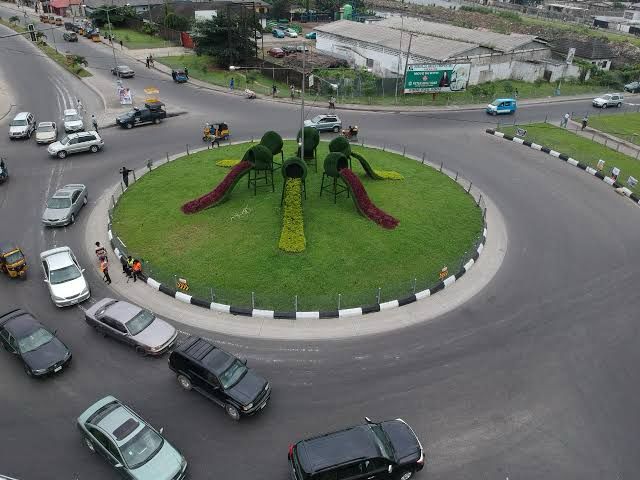South Sudan AIDS Commission and Civil Society Urge Government To Fund HIV Programs Amid USAID Funding Suspension

By Deborah Akur Chol, South Sudan
The South Sudan HIV/AIDS Commission, alongside the Network of AIDS and Health Service Organizations of South Sudan (NASOSS), is calling on the government to prioritize funding for HIV/AIDS programs following the recent suspension of U.S. financial support.
During a joint press conference held at the HIV/AIDS Commission office in Juba’s Jebel neighborhood, Peter Garang Ngor, Executive Director of NASOSS, emphasized the urgent need for government investment in HIV/AIDS initiatives. He noted that the U.S. State Department had issued a limited waiver for certain lifesaving interventions, including HIV care, treatment, and prevention of mother-to-child transmission. However, this waiver does not encompass all critical programs.
Garang highlighted that essential community-based HIV programs, such as the DREAMS initiative (Determined, Resilient, Empowered, AIDS-free, Mentored, and Safe) and Orphan and Vulnerable Children (OVC) programs, which are vital for protecting the health of children and adolescents, were left unfunded. These programs play a crucial role in reducing HIV infections among adolescent girls and young women, as well as providing educational and social-economic opportunities to vulnerable families.
Other impacted initiatives include comprehensive HIV prevention programs targeted at key populations, the LIFT UP project designed to enhance demand for HIV testing and care among children under 15 living with HIV, and community-led monitoring implemented in 22 healthcare facilities.
“The cessation of these community interventions, which benefited over 38,000 individuals including those living with HIV and priority populations, comes at a time when we are advocating for an expansion of services across the country,” Garang explained. “This disruption significantly heightens the risk of increased HIV transmission among adolescent girls, young women, and other key populations.”
He warned that interruptions in treatment have led to a decline in demand for HIV services, a rise in HIV-related stigma, and increased vulnerability among orphans and vulnerable children, contributing to school dropouts where these programs had been active.
Garang further noted that in recent discussions with support groups and individuals living with HIV, there has been a disturbing rise in health issues, with reports of individuals becoming bedridden and increased mortality rates. He called for immediate government action to establish alternative funding mechanisms that ensure the continuity of HIV care and treatment services.
Dr. Esterina Novello, Chairperson of the South Sudan HIV/AIDS Commission, addressed the broader implications of U.S. funding cuts. She cited President Donald Trump’s executive order from January 20, 2025, which froze new government spending on foreign aid for 90 days, resulting in a rapid shutdown of essential health programs supported by the United States Agency for International Development (USAID) and PEPFAR.
“This abrupt decision disrupted essential health services across all PEPFAR-supported facilities, leaving HIV/AIDS, tuberculosis, malaria, and maternal-child health programs in critical jeopardy,” Dr. Novello stated. “The health workforce reliant on PEPFAR funding ceased operations, leading to overwhelming demand at the few remaining treatment sites, which ultimately resulted in shortages of lifesaving medications.”
She pointed out that indicators across various interventions such as HIV testing services (HTS) and prevention of mother-to-child transmission (PMTCT) have deteriorated, along with an increase in patients lost to follow-up due to misconceptions about treatment.
Moreover, Dr. Novello stressed the urgent need for the South Sudan government to assume responsibility for the health of its citizens. “It is crucial for us to explore innovative strategies for in-country resource mobilization, including engaging the private sector, to ensure sustainability and channel funds towards high-impact interventions,” she urged.
The collaborative call from the South Sudan AIDS Commission and NASOSS emphasizes a critical moment for the government to act decisively in the fight against HIV/AIDS, ensuring that vital programs receive the support they need to protect vulnerable populations.
categories
recent posts


NIGERIA: I Wanted Fubara Removed, Not Emergency Rule – Wike Speaks Out

MALAWI: Two Confirmed Cases Of Mpox Reported In Lilongwe


